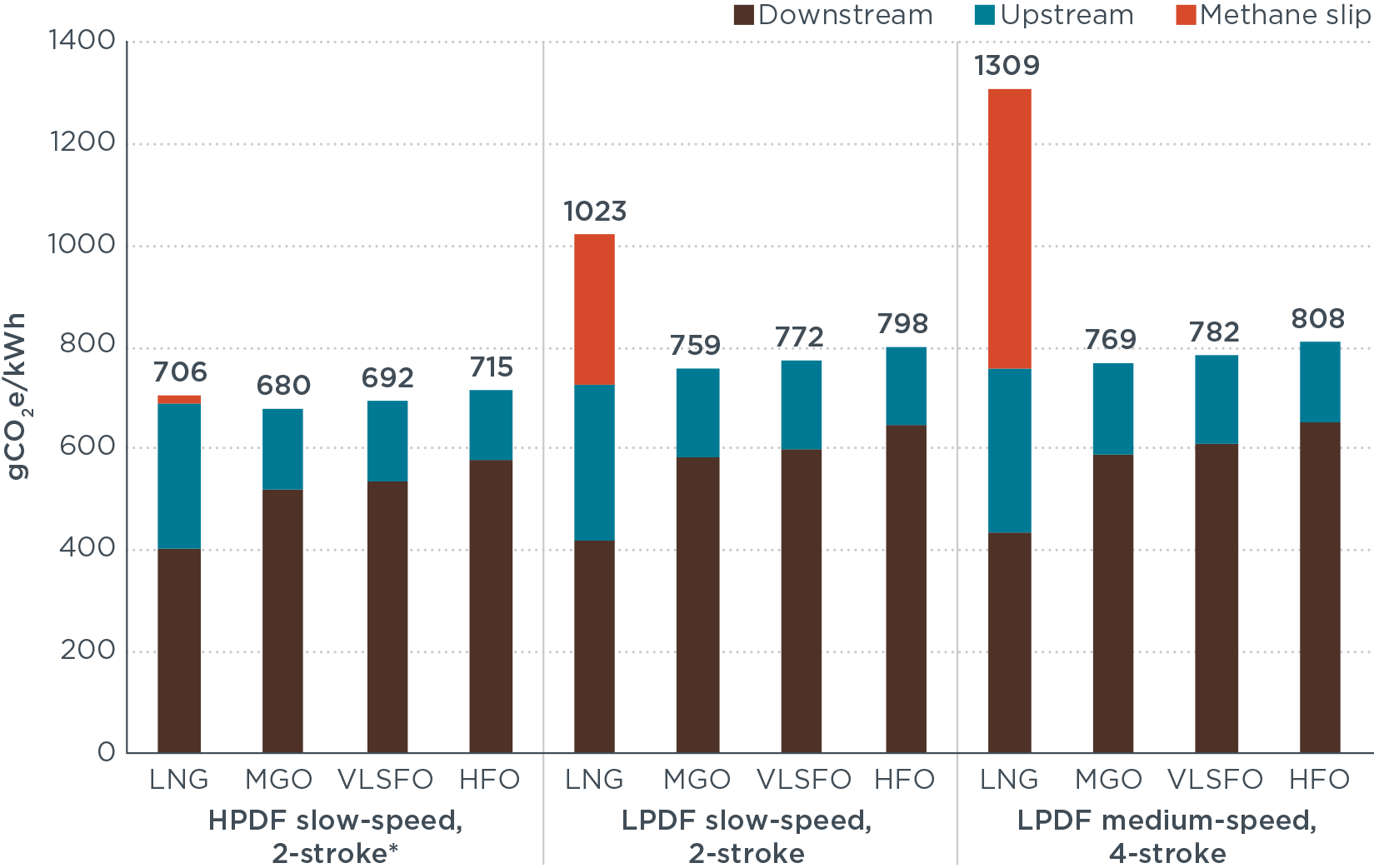The full picture: an assessment of shipping’s emissions must be based on full lifecycle accounting
When you go to see a film in the cinema, the closing credits go on for another five minutes after the film is over. Although few moviegoers stay to read them, the lengthy credit rolls clearly show that a blockbuster is not just about actors but also about the hundreds of people behind the scenes. These people are as important as the main actors in the movie making process. A similar situation occurs with a ship’s climate emissions: if we only account for what’s coming out of the stacks, we don’t understand the real climate impact of the fuel. The full life-cycle of emissions contributes to climate pollution, and we need to recognise their role in climate change. Shipping is an industry with long-term planning horizons and long-lived assets. It is crucial that policy makers in the International Maritime Organization (IMO) and the European Union (EU) provide clear guidance and a robust policy framework to account for the full climate impact of fuels.
